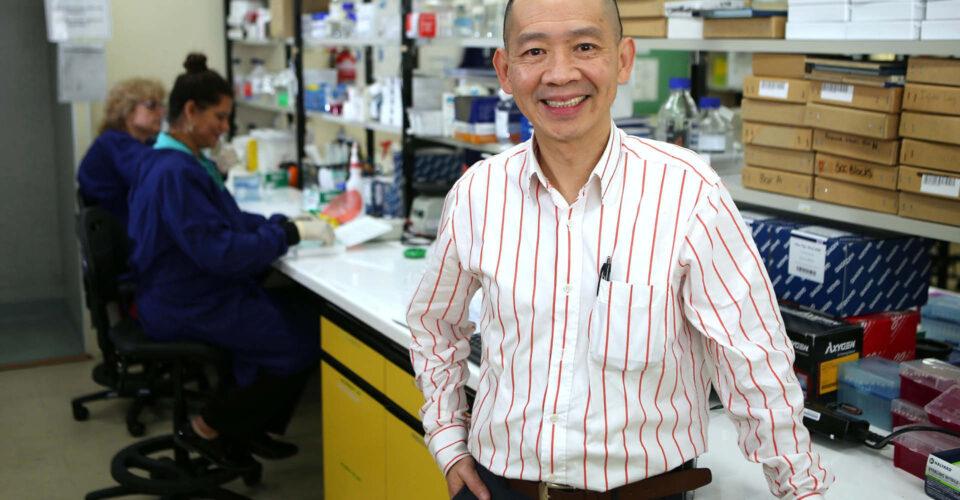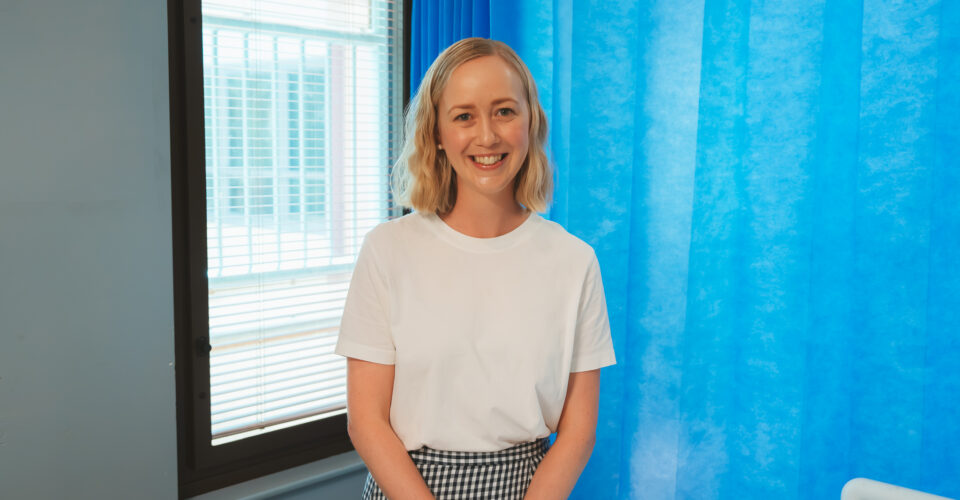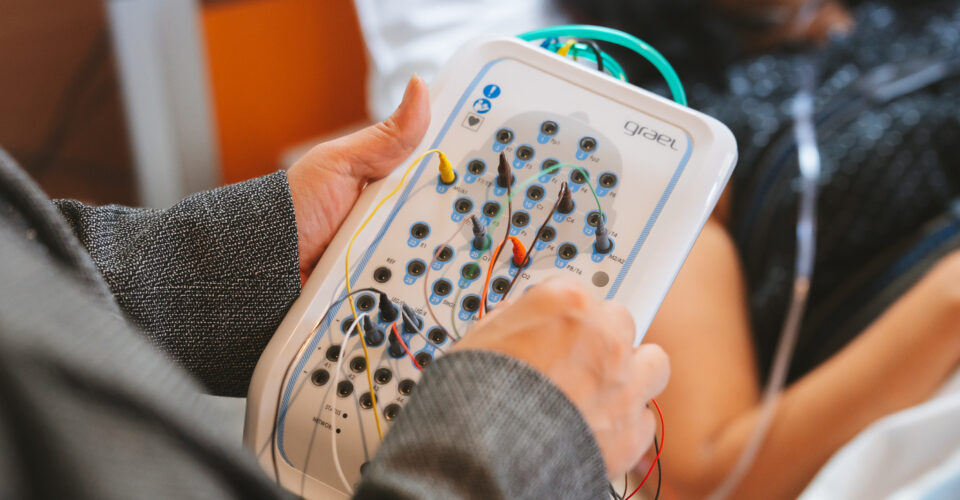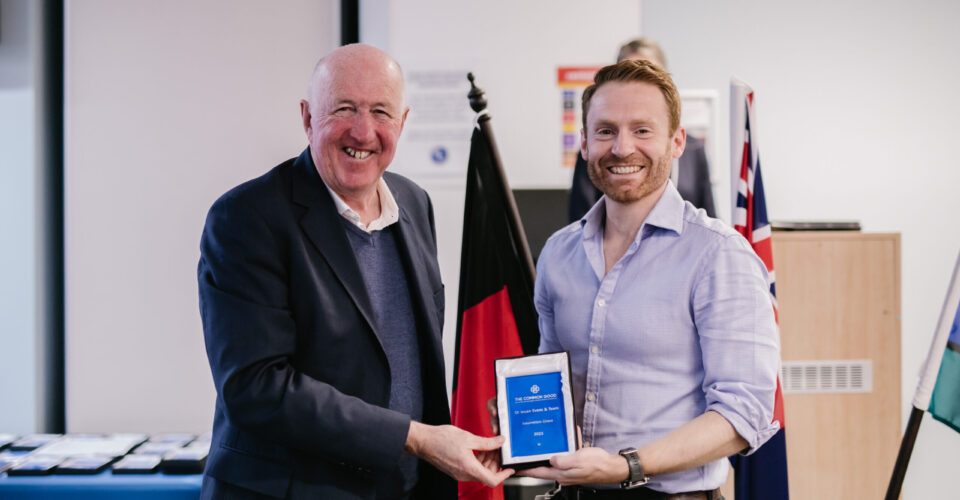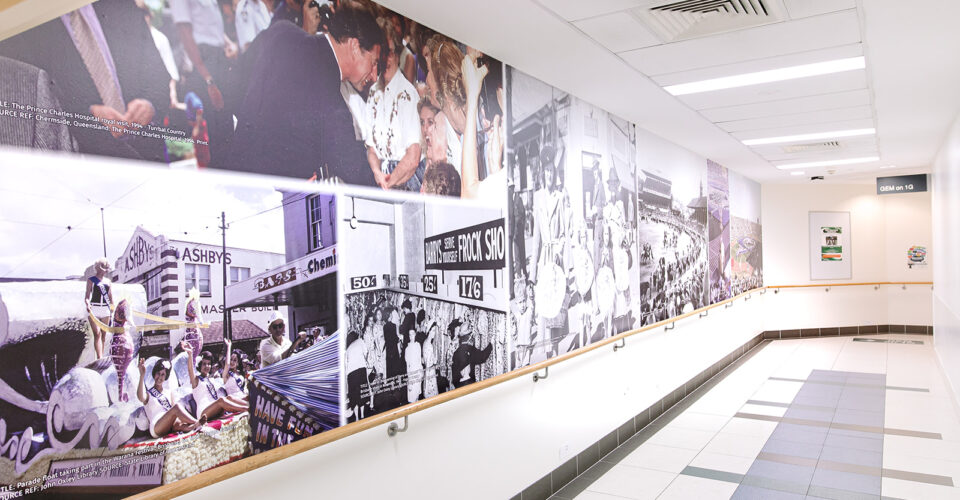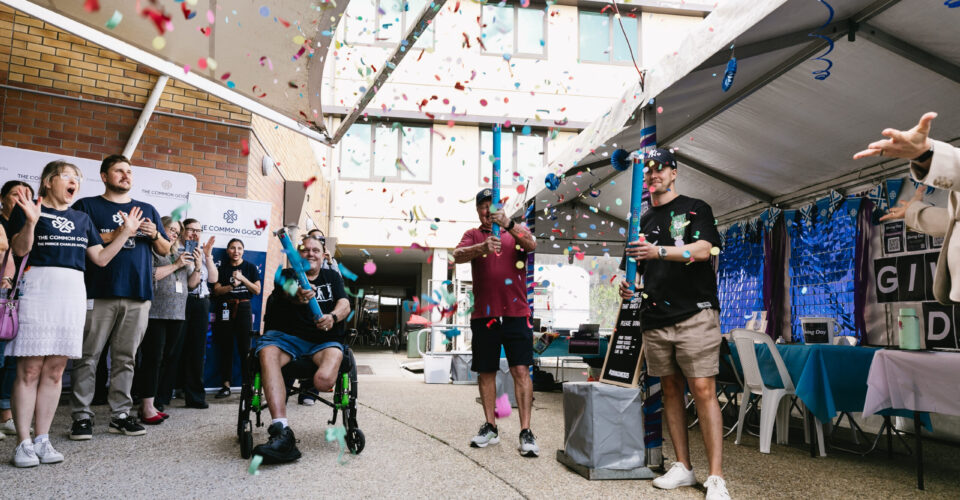The diagnosis of lung cancer is a morbid one for many reasons. Often lung cancers aren’t detected until it’s at a very late stage; giving doctors limited time to treat the condition. There are also hundreds of types of tumours and mutations, so choosing the right treatment is difficult (and doesn’t exist for every type, yet!). Mutational profiling has so far not been the first step in personalised treatments, as existing procedures for obtaining genetic information have been quite invasive and uncomfortable for the patient.
In the largest research project of its kind, looking at the lung cancer population in Australia, the UQ Thoracic lab are looking to identify and document 420 different types of lung cancer in existing samples they have in their bio-bank. This research will lead them to better understand what’s causing these cancers, show how they would progress in patients (create a ‘profile’ of the mutation) and to begin to develop targeted personalised treatments for each cancer mutation.
By combining this information with other factors such as smoking history, gender and age, they hope they can create a library of knowledge that will help doctors around Australia quickly diagnose and begin to treat lung cancer patients. Therefore, showing the benefits of utilising mutational profiling in a clinical setting.
Support The Common Good here.
